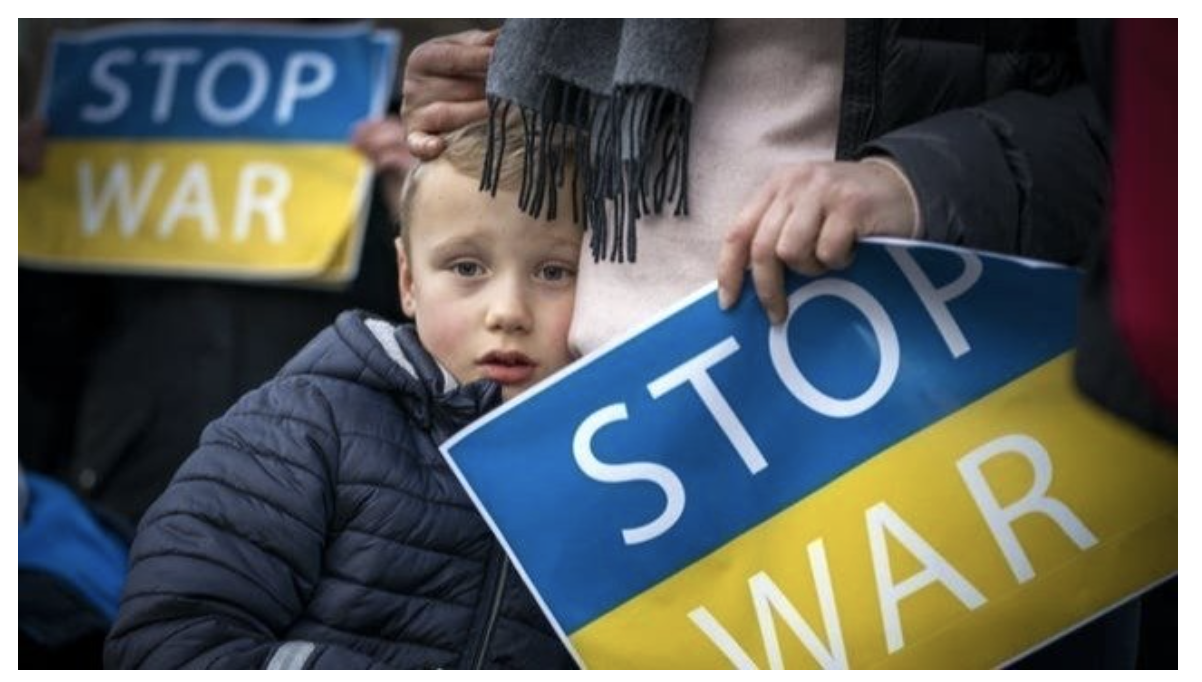Unraveling the Interplay of Poverty and Migration
We are delighted to share the highlights of the Poverty and Migration Webinar, hosted by Academics Stand Against Poverty (ASAP) on June 2, 2023. This enlightening event brought together distinguished speakers who shared their expertise on various dimensions of the intricate relationship between poverty and migration. This post provides a summary of the webinar’s key discussions and encourages readers to access the recording to deepen their understanding of this pressing global issue.
Session 1
Dr. Teresita Cruz Del Rosario kicked off the webinar with her presentation on “Migrating out of Poverty.” Her talk examined the transformative potential of migration as a strategy for poverty alleviation. Dr. Del Rosario discussed the complex motivations behind migration, the challenges faced by individuals and communities in poverty-stricken areas, especially in Eastern Asia, and the opportunities that migration can provide for improved livelihoods. Her insightful analysis shed light on the diverse pathways through which migration can contribute to escaping poverty.
Dr. Nita Mishra, a respected scholar in migration studies, presented on “Students Making Sense of Migration & Poverty.” Her presentation highlighted the pivotal role of education in fostering an understanding of the intertwined nature of migration and poverty. Dr. Mishra emphasized the importance of equipping students with critical thinking skills to analyze the socio-economic factors driving migration and perpetuating poverty. Her talk underscored the significance of empowering the younger generation to become active agents of change in tackling these complex issues. She was also joined by her student, Evelina Mikneviciute, who spoke on her personal experience of migration and poverty, as well as the process of learning through the migration project in Dr. Mishra’s class.
Session 2
In the second session of the webinar, Dr. Catherine Wihtol de Wenden offered valuable insights on “The Structural Factors of Mobility for International Migrants.” Her presentation explored the underlying structural factors that influence migration patterns on a global scale. Dr. Wihtol de Wenden delved into the complex interplay of political, economic, and social forces shaping mobility for international migrants. Her comprehensive analysis underscored the need to consider these structural factors when formulating policies and interventions to address the challenges faced by migrants and to foster inclusive and sustainable development.
Dr. Joseph A. Yaro: Migrating from Poverty to Opportunity Dr. Joseph A. Yaro concluded the webinar with his talk on “Migrating from Poverty to Opportunity.” He offered a thought-provoking discussion on the journey of migrants who seek to transcend poverty and seize opportunities for socioeconomic advancement. Dr. Yaro shared insights from his research, highlighting successful cases and identifying key factors that contribute to positive migration outcomes. His presentation provided a framework for policymakers, practitioners, and researchers to develop context-specific strategies that empower migrants to escape poverty and realize their full potential.
The Poverty and Migration Webinar 2023 provided a platform for leading experts to engage in insightful discussions on the complex relationship between poverty and migration. The presentations by Dr. Teresita Cruz Del Rosario, Dr. Nita Mishra, Dr. Catherine Wihtol de Wenden, and Dr. Joseph A. Yaro illuminated various facets of this multidimensional issue. We encourage all interested individuals to watch the recording of the webinar below to gain a deeper understanding of the topics explored and to contribute to ongoing efforts in addressing poverty and migration. Together, let us strive for a world where no one is left behind.
Dr. Teresita Cruz Del Rosario
Dr. Nita Mishra
Dr. Joseph A. Yaro
Dr. Catherine Wihtol de Wenden














